Bringing in a digital mindset among marketers is still a challenge: Vivek Bhargava
Content marketing today is a necessity. With Internet reach in India exploding and more and more brands finding direct access to their target audience, content marketing has become key to the survival and expansion of any and all. But what is the recipe for great mobile content and how would one ensure that once created, it reaches its target audience in the best way possible? These were some of the issues taken up for discussion by Vivek Bhargava, CEO, DAN Performance Group, in conversation with Debadatta Das, Head of Branded Content, Moneycontrol.com, in the session titled ‘Creating great mobile content and its amplification strategies’ at Adgully’s The Mobile Media Summit 2018, held in Mumbai.
Debadatta Das commenced the discussion by asking Vivek Bhargava about the best kind of campaign and its amplification that one could come up with in terms of content. To this, Bhargava noted that these changes weren’t about digital marketing. According to him, “Digital marketing is a catalyst which helps in brand communication, information dissemination, consumer trends and so on.” He differentiated between the role of digital in marketing and role of content in marketing, where he designated a higher position to the role of content. Here, Bhargava mentioned about the divisions of media such as paid media, social media, SEO, etc, that lead to digital marketing and added that there was hardly any outcome of any organisation that didn’t involve digital marketing. He claimed that a brand must have a goal set for digital outcome for a successful business outcome. “Understanding a product is also a business outcome and there are three pillars – paid media, organic media and social media – and content plays a role across all these three pillars,” he added.
Continuing further, Bhargava noted that while content reduced the cost of data advertising, digital increased it. He explained how in SEO, by using the correct content for correct TG led to more traffic. “This means that correct content for the right TG is directly proportional to the traffic. Today, it isn’t about digital strategies, but about content strategies. Correct content covers all the aspects of digital marketing.”
This led to the question of what is the right kind of content and what are the important things one need to keep in mind while creating the right content for a campaign.
According to Bhargava, the first thing is to determine what kind of content to create to have the desired business outcome and whether digital could help create the right kind of content. Here, he gave the example of Google to further elucidate his point. He stated there are about 6 billion searches done on Google every month, and in a way Google is the closest manmade machine that could pre-empt what one was thinking or looking for. Digital marketers can know what the world is thinking through Google and what people are doing on social media, which can be used to create content. “Once you are aware about what people are searching for, you know what kind of content they consume on social media,” he added.
Here, Debadatta Das interjected by asking Bhargava to share his key learnings in the digital field.
Bhargava remarked that his biggest learning in 20 years was to not keep the consumer at the center, rather keep the client’s interest at the center. He pointed out the difference between the digital objective and the business objective of an organisation, stating that there are requirements in a business like revenues, profit, sales and commercials, which shouldn’t be with the digital objective and rather be part of the business objective. He added that once the business objectives are met, in process the consumer demand is already satisfied.
Having such a perspective towards business is not without its challenges. When asked by Das to highlight these challenges, Bhargava shared that his biggest challenge has been that even though the digital age is here, the digital mindset is yet come. “Everyone is aware of traditional media and what it can do for brand communication. If one TV campaign goes wrong, it affects their careers. However, digital allows for more trial and errors, say from 100 different things tried out, 3 work and people invest in them and ignore the other 97 things that have failed,” he added.
Bhargava further said, “If you think you can’t fail, then digital is going to be impossible. People tend to work on particular methods, but digital doesn’t work that way. Digital is about taking a compass in your hand, and as long as you have a vague idea and a direction, you start walking in that direction. Hence, it is a compass strategy vis-a-vis a blueprint strategy. Today, there is the concept of HIPPO, which means Highest Paid Person’s Opinion. When someone comes for a decision, the HIPPO decides.”
Continuing further, he said that data driven decisions are a challenge and people don’t take it. “Another challenge is the encouragement of mistakes, where companies admit that there are mistakes, but when they’re asked about them they don’t know, as they’re either ashamed of it or they don’t have the guts to accept it, he lamented.
For Bhargava, it was important for the transformation process that organisations are not hesitant of making mistakes and learning from them, but this is a challenge as of now. Another challenge is that digital workshops don’t know how SEO is to be done. “It is all about creating a culture online,” he affirmed.
Here, Debadatta Das raised the point that, “When we are talking about content creation, what about its amplification? There are many formats of content, which according to you is the best?”
To this, Bhargava replied by presenting a hypothetical case, “If there is a video which attracts consumers and gives 100 views, costing Rs 100. If the content is something that the consumer wants, for instance education, then the cost will come down with the growing number of views. That’s how amplification works. The content relativity can lead to its creation at no cost while giving the same outcome. There is a mindset change as to how you advertise on paid media effectively, but supporting it with the right content and the right TG.”


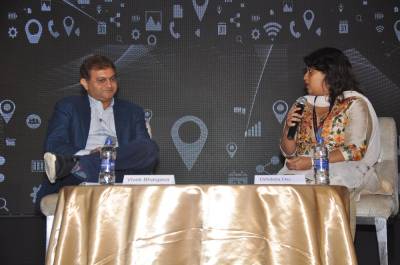
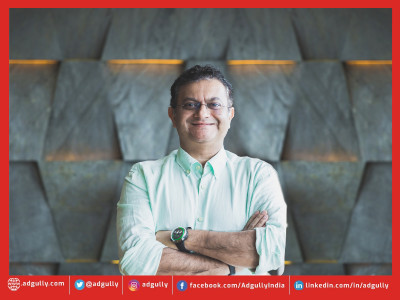
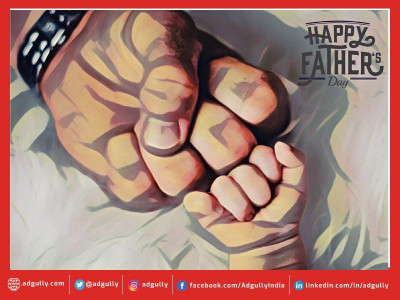
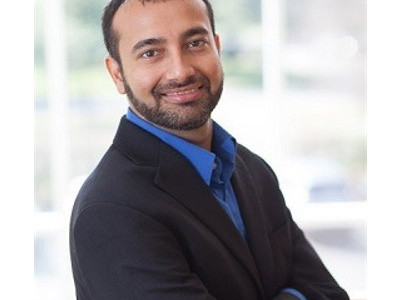
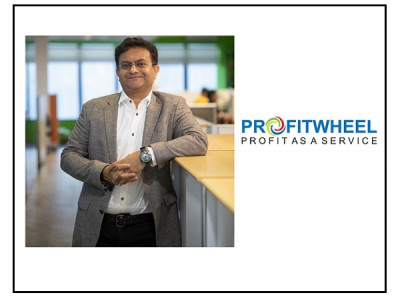
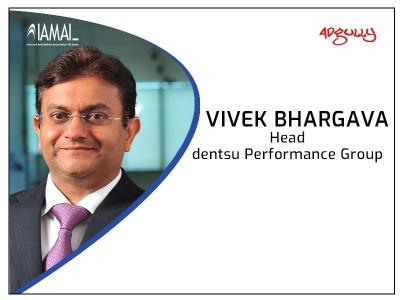
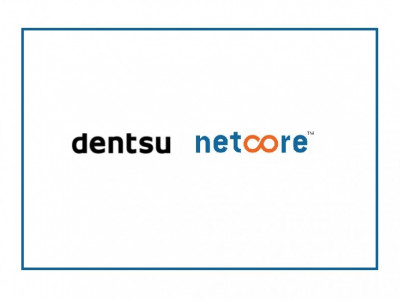
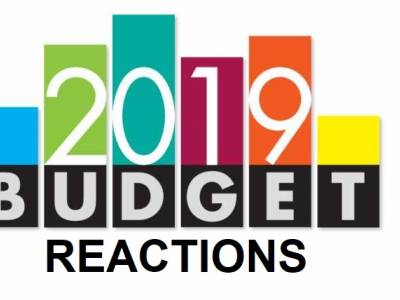
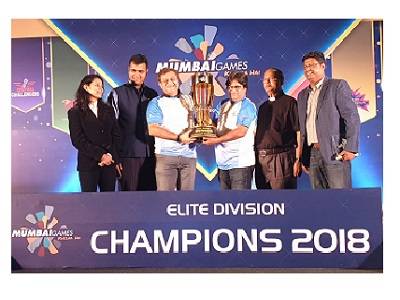
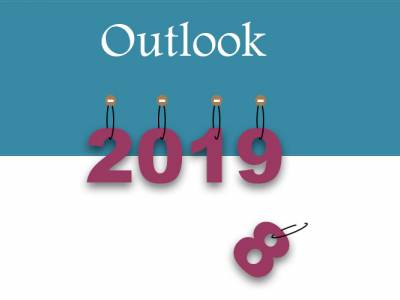
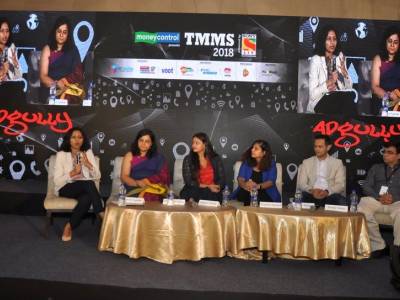

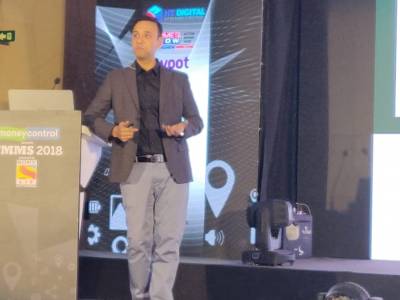

Share
Facebook
YouTube
Tweet
Twitter
LinkedIn